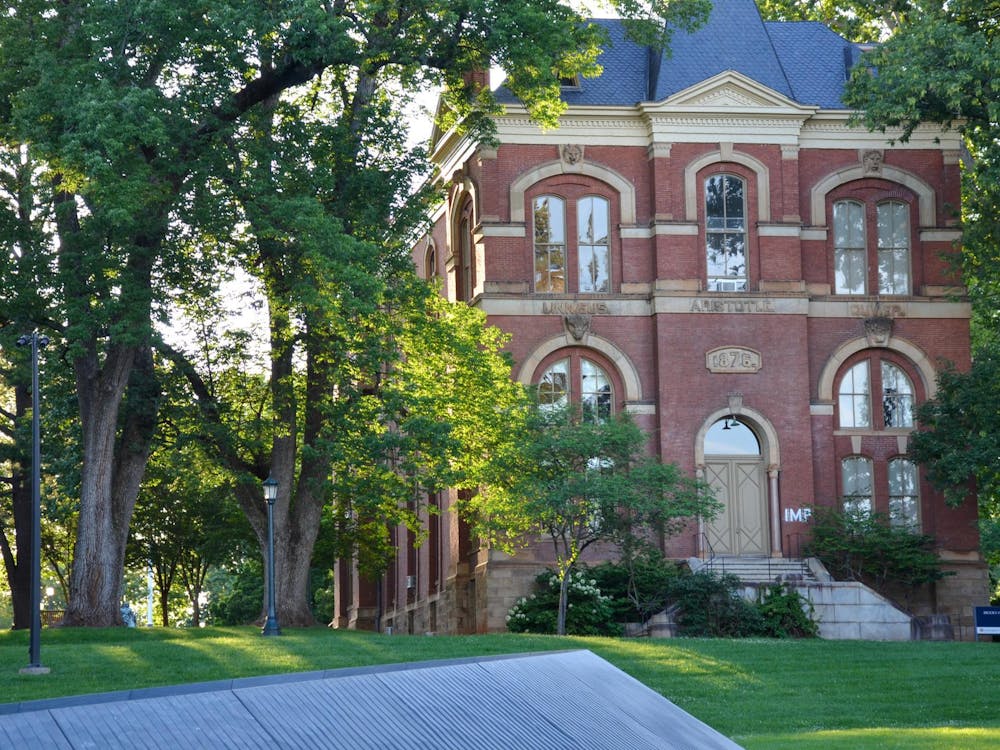WASHINGTON, D.C, Feb. 19 - Over 5,000 scientists, 500 journalists and 50 student "session aides" like myself gathered this past weekend for the 152nd annual meeting of "Science in an Uncertain Millennium," and the American Association for the Advancement of Science. Founded in Philadelphia in 1848, the "Triple A-S" promotes the advancement of scientific and technical knowledge as well as the public's awareness of science.
As a conference session aide, my primary duties this weekend were to dim the lights, count attendees and flip slides. However, the educational opportunities the conference provided more than compensated for this work.
The conference itself was a scientific hodgepodge. Over the course of two 12- hour days, I attended talks on the use of technology in education, the future of NASA's Mars exploration program, the effects of early language acquisition in deaf children and the imminent separation of sex and reproduction due to new technologies. I learned that over 300,000 babies have been born with the help of in vitro fertilization, and that a group of concerned biologists are hoping to make bioterrorism an international crime.
With more time, I could have attended symposiums on biomusic, the physics of baseball, the health benefits of chocolate or literally hundreds of other topics.
A few events stood out from the rest, particularly Saturday evening's keynote speaker, Stephen Jay Gould, a professor of paleontology and evolutionary biology at Harvard University and AAAS president.
In the early 1970s, Gould pioneered the theory of punctuated equilibrium - a revision of classical Darwinism in which evolution occurs in "fits and starts" (periods of relative stability interrupted by short bursts of rapid change) rather than by a slow, continuous, gradual progression.
Gould's wide-ranging interests made him a perfect speaker for this wide-ranging conference. In his address he called for a re-evaluation of science's relationships with the humanities and religion.
Scientists, he said, have much to learn from their counterparts in the humanities. It was proposed that the use of passive voice in scientific writing be abolished. According to Gould, both science and the humanities could benefit from a mutually instructive dialogue.
Regarding religion, Gould had a different view. Scientists and religious authorities, he said, should recognize that their disciplines seek to answer different questions, and should maintain a clear distance.
Gould's speech, like the rest of the conference, illustrated the theme of scientific communication. Certainly, with over 500 journalists and a series of symposiums entitled "scientific communication," one of the AAAS's main concerns was the relation of scientific research to the public.
But before scientists communicate with the rest of the world they must talk to each other across disciplines, and this conference provides a unique forum for them to do so. After all, where else might a biophysical chemist, a psychologist, an engineer and a high school science teacher all attend the same lecture?






